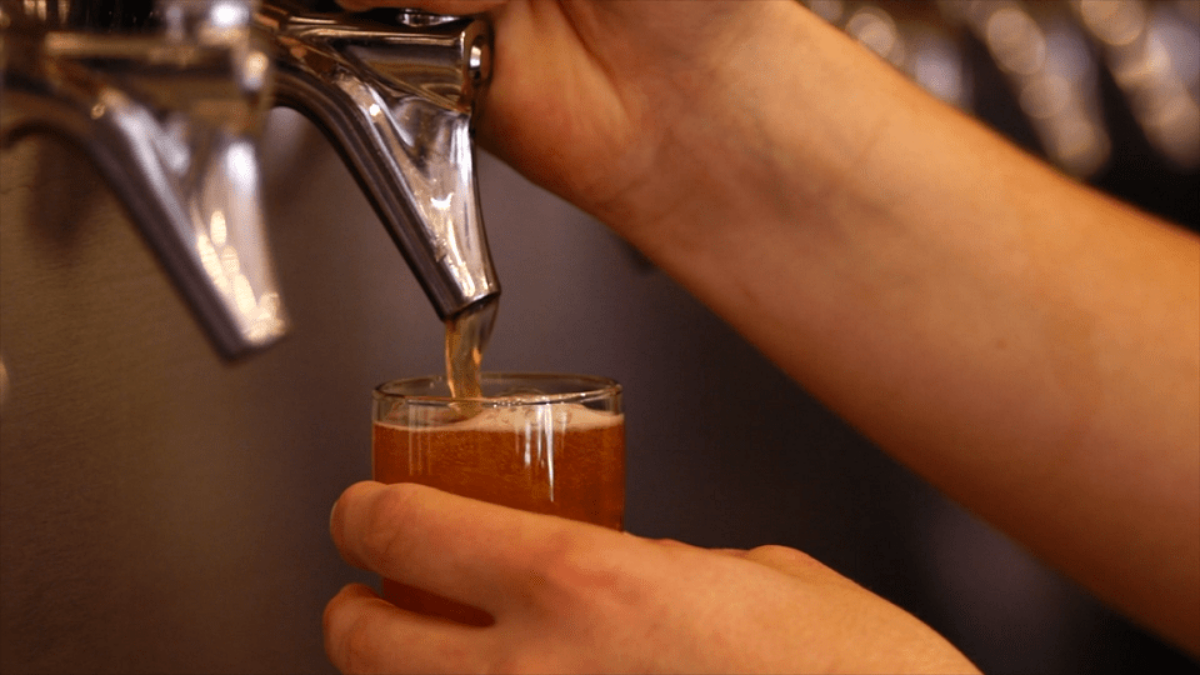
According to Beer Canada, some of the province’s beer sales dropped by 7.3% compared to last year.
In the case of Newfoundland and Labrador, their growth has gone up by a whopping 20.1%. But in other provinces, beer sales for both retail and service have dropped significantly. The largest drop so far this year has been in Quebec, dropping down to 13.3% compared to last year. In Saskatchewan, sales have dropped by 12.6% and in Alberta, by 10.7%. -1% is a big drop so seeing that Ontario is down a whopping -3.3% is a nightmare. These drops are in addition to the lockdowns last year but when doors actually reopened no one is seeing the influx they expected.
When it comes to volume, sales are 8.3% below pre-pandemic levels. The factors that are attributing tho this include labour shortage, restaurants and bar closings, or not opening some days during the week.
However, home consumption beer sales so far have returned to pre-pandemic levels. But sales for beer consumed at restaurants and events remain 35% to 40% below pre-pandemic levels. Canada went from being a beer drinking country outside of the home to a more relaxed in a personal setting wine and spirits drinking market. Many consumers have experimented with alcohol outside of beer and have yet to return to suds. Canadians are still drinking beer, but the percentage of beer drinkers has dropped significantly.
Alcohol is also facing inflation, which has many beer drinkers scalling back on their drinking habits. Beer prices have also risen by 10% to 15% in the last 12 months, and will likely rise even more next year. In 2017, Ottawa introduced an indexation formula to raise taxes on beer, based on our consumer price index (CPI). With this year’s CPI, the deferral portion of taxes on beer could rise by up to 7% in April 2023, which is a record.
